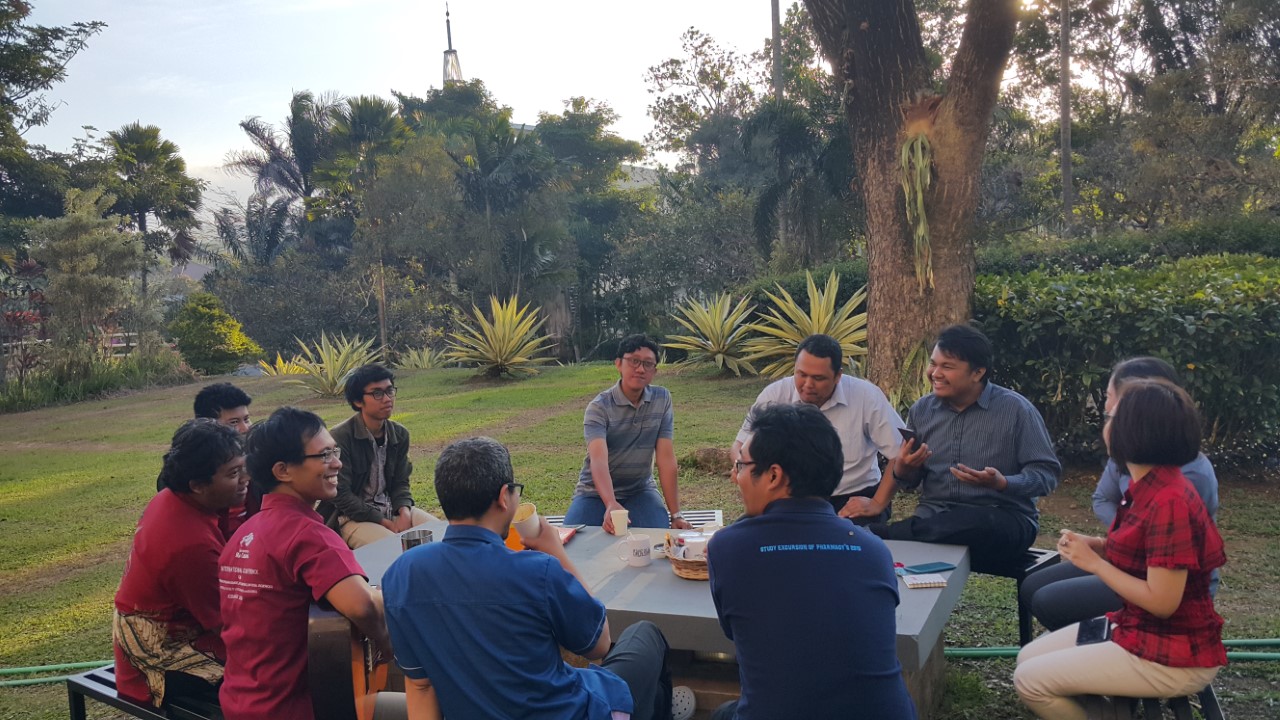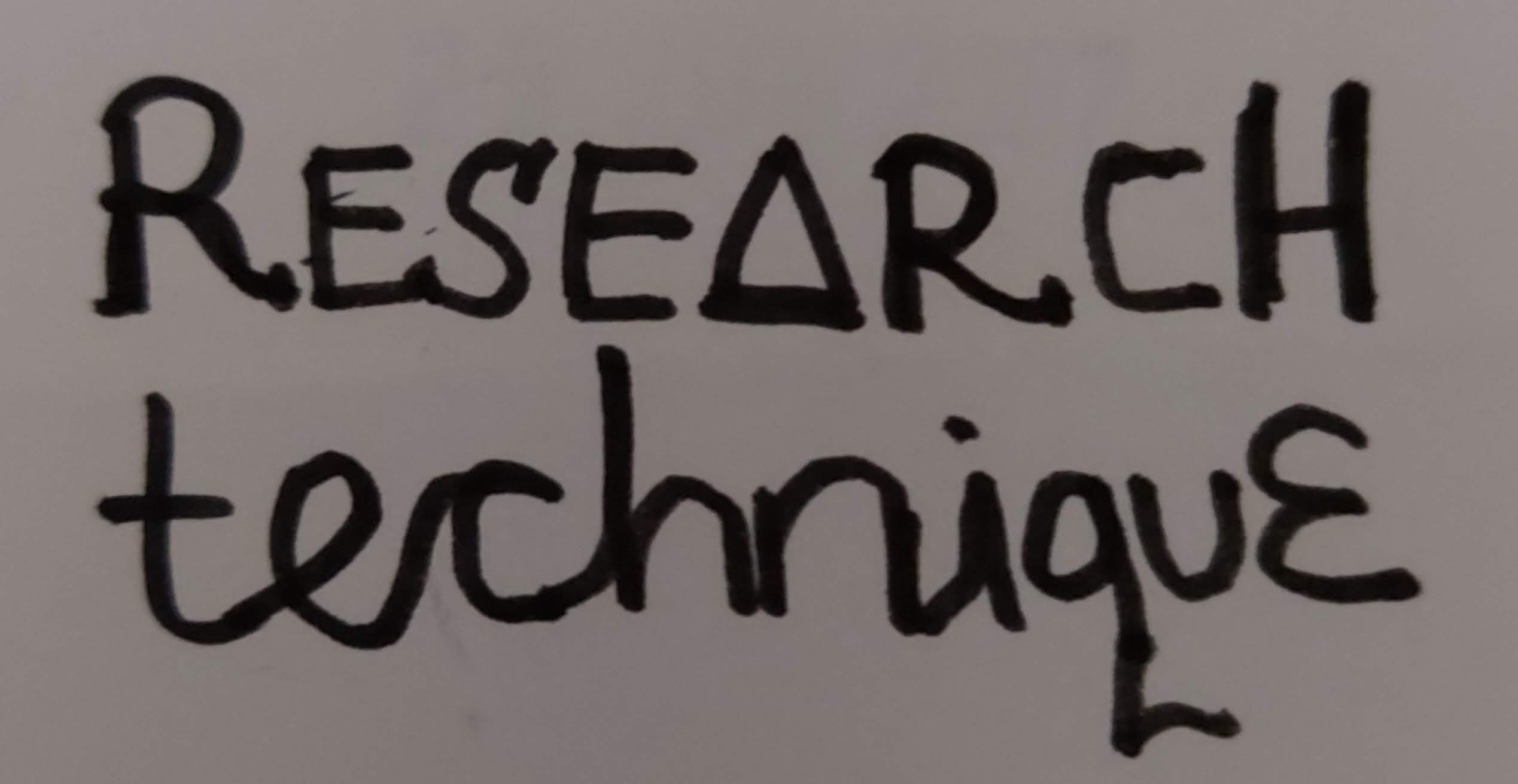PIN 487 Creative Writing introduces students to fundamental practices of creating prose (travel writing and short story). In practice, students will read best practices from published writers and apply the lessons in their own creative process. The series of learning is then complemented with the skill of making revisions through workshop sessions in which students comment on each other’s work as a process of growing audience awareness and raising creative sensitivity.
Inferential Reading Course is a class designed to teach students the skill of reading for implicit meaning. The course trains students to blend the practice of understanding the literal content of a text with the use of prior personal knowledge, intuition, and imagination in order to gain optimum comprehension of a text. Students also practice to collaborate in presenting the results of their reading soundly to public. As a whole the course serves to cultivate critical thinking and will in turn serve as a fundamental for the studies of literature, linguistic, language teaching, and translation.
By the end of the course, you will have been able to analyze a language, English in particular, into its elements that make it a viable and constantly growing means of communication.

- Teacher: Patrisius Djiwandono
Popular Literature is a survey course that seeks to introduce students to four most popular genres in popular literature, namely, modern romance, detective/crime/mystery fiction, horror/gothic, and science fiction. The course explores the definition, history, and examples of works in the above-mentioned popular literature genres. Students also incorporates and apply their inferential and critical reading skills in analyzing the themes of popular literature works. Finally, students make a collaborative effort to teach the genres and discuss an example to each other.

- Teacher: Wawan Eko Yulianto
English Grammar 2 teaches advanced patterns in English language. These include passive voice, adjective clauses, adverb clauses, reduced clauses, and stylistic variations of the language for writing literary works and academic essays. At the end of the course, the students will be able to produce written essays with accurate and appropriate language.

- Teacher: Patrisius Djiwandono
Research Technique class enables the students to understand the basic concepts of confirmatory, quantitative research, and apply the principles to a research endeavor that will lead to their thesis. It teaches them how to formulate research objectives, compose sound review of literature, determining the suitable research designs, and analyzing the data.

- Teacher: Patrisius Djiwandono
Welcome to the Entrepreneurship for Language Students (ELS) class. This class introduces you to the basic principles of entrepreneurship and a few important activities related to creating a business, promoting and marketing it through the digital world, hiring the right employees, and drawing up a business plan. The final project will be writing a simple business plan.
Please prepare a personal blog of your own for showcasing your important works from this class. Every blog posting should start with this following sentence: "I am a student of English Letters department at Universitas Ma Chung (https://machung.ac.id) and this is my work". As a start, please read this following essay about the value of studying entrepreneurship:
https://machungaiwo.wordpress.com/2017/07/07/why-entrepreneurship/
After reading the article, let us get into a brief discussion in this space. The first question is: "what ideas can you get from the reading?"
After the discussion, you may see the RPS of this class by clicking "Next Activity" on the bottom.

- Teacher: Patrisius Djiwandono
- Teacher: Ounu Zakiy Sukaton
Language Testing enables the students to understand the basic concepts of testing in the language teaching and learning domain. It also enables them to create language tests aimed to measure the four language skills, and evaluate the quality of a language test. 

- Teacher: Patrisius Djiwandono
The course, English Grammar 1, enables the students to understand the tenses and basic patterns of English language. Furthermore, it will enable them to produce grammatical utterances and written sentences for various genres. 

- Teacher: Patrisius Djiwandono
